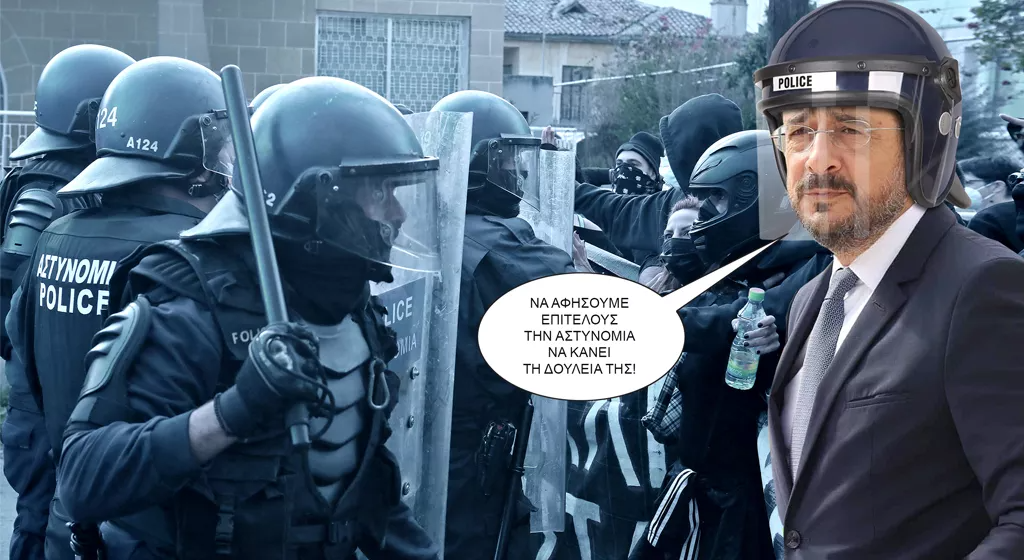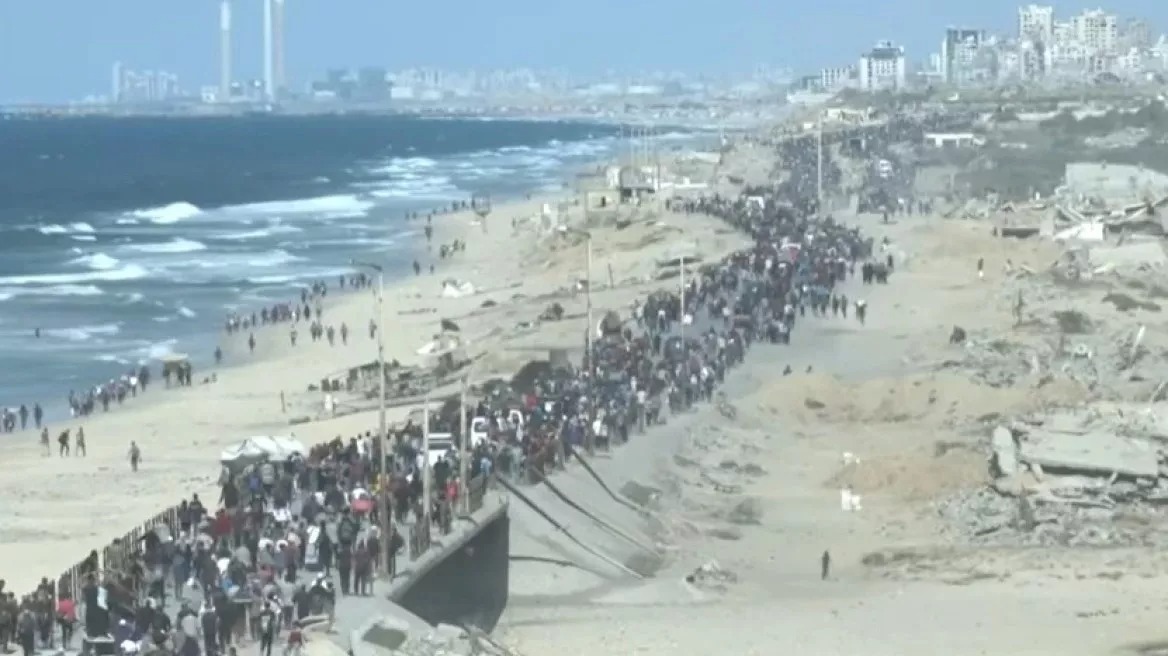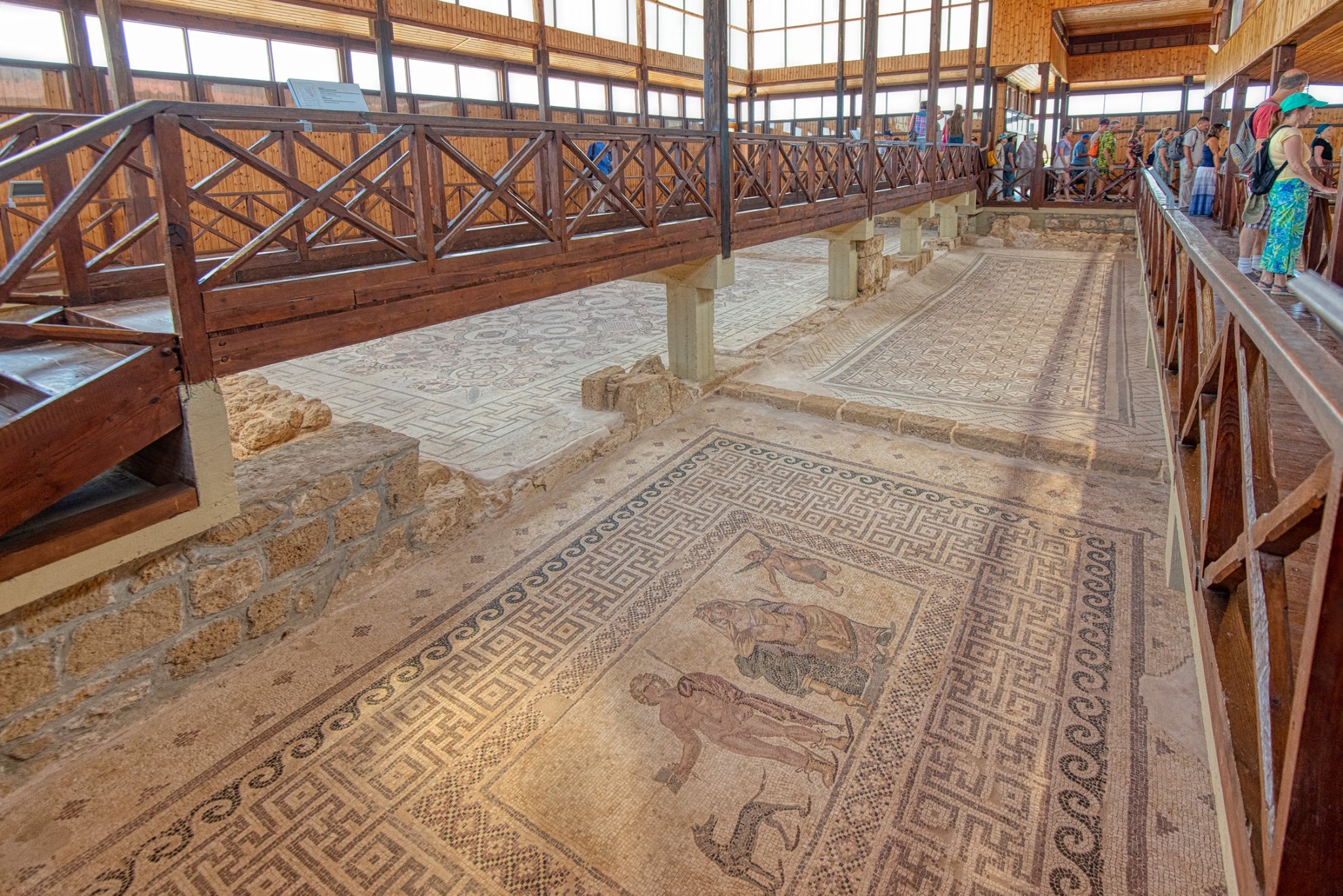Political illiteracy
Source: in-cyprus.com
There are three words in Greek—exártisi (dependency/addiction), exártisi (equipment), and exártisi (ship’s rigging)—which, like others in the language, sound identical but mean entirely different things. The first comes from the verb exartó, meaning to hang or attach—or reflexively, to be attached to, to lean on someone (metaphorically, to be under their power). We use it frequently to denote addiction to harmful substances, a lack of independence, a relationship of subjugation. The second word, exártisi, derives from the ancient Greek verb exartyó, meaning to prepare, to equip, or to arm; in modern Greek it refers to the personal kit issued to members of the military or security forces (belt, helmet, rucksack, shield, and so forth). Finally, the noun exártisi comes from the verb exartízo, to rig a ship, to furnish and equip it with everything it needs. From there we get the related word xártia—rigging.
The prompt for this little… Greek lesson was the latest triumph of the police, who managed to turn a small solidarity demonstration for the Palestinian people into utter chaos. The protesters were objecting to the government’s tolerance of Netanyahu’s crimes, believing—like anyone who reads, listens, and possesses even rudimentary intelligence—that it’s rendering him undue service (such as the recent directive to scrub slogans which an Israeli minister blanketly deems antisemitic) whilst refusing to condemn the genocide in Gaza. The police, in yet another display of abysmal judgement, intervened—and what’s more, as the demonstrators were leaving—and did what they do best…
Fully kitted out, members of the anti-terrorism squad beat and pepper-sprayed anyone in their path. Their after-the-fact justification was that they did it for their own safety, to protect themselves from cars that weren’t (actually) passing by—in other words, as we say, “slaughter me, master, that I may be sanctified.” Why do something so utterly unnecessary and moronic? Were they enforcing, as they claim, the new law on demonstrations (which Parliament is having second thoughts about—Charalambidou calls it a legal abortion and has summoned the OSCE) or were they carrying out instructions from their political masters to grovel before Netanyahu (who was terribly troubled, the thick-skinned brute, by yet another demonstration against his policies)?
The Greek language offers us the answer: the three homophonous words I mentioned earlier, though different in meaning, sometimes bear a direct relationship to one another. As revealed by this episode involving the police, the government, and the demonstrators, the police have their equipment whilst the government has its dependencies. So if it insists on carrying on like this, it should start preparing its rigging for immediate departure—clear off so we can look for another government without dependencies, for coppers who don’t wallop peaceful citizens simply because they disagree with their government’s policies, without equipment where none is needed.
But perhaps we’re being unfair to the government? Perhaps the police acted of their own accord? Yet even if we ignore the fact that every government is accountable for its subordinates through its ministers—that the police, for instance, should respect and protect citizens—even if we forget for a moment that the word minister comes from the prefix “hypo-” (under, assistant) and the noun “ergon” (work), that is to say, our assistant, the one who carries out work on our behalf, under our supervision, the president himself confirmed that he knows full well what happened and approves: “I’ve been briefed on what took place and a relevant statement has been issued by the police. There’s constant criticism of the police; we must show a bit of respect for members of the security forces and the conditions under which they operate,” he said. “At the end of the day, we cannot fail to allow the security forces of this country to operate always within the framework of the law, a law passed by a majority of Parliament,” he added.
At the end of the day, Mr President, such political misspellings damage you. You probably don’t care about the impact on your popularity because you likely believe that the Gaza demonstrators, all those who oppose Israel’s vile policies, are just half a dozen marginal figures, that there aren’t as many of them as hunters, for example, who represent a significant voting bloc you can’t afford to displease. But you should know that things aren’t always as they appear or as you prefer to believe. Public opinion is extraordinarily volatile—which is precisely what a government’s policy is not permitted to be. It cannot go whichever way the wind blows. We wouldn’t care if this only affected your popularity, but we are concerned about the impact on our welfare and our rights as citizens. If you couldn’t give a toss about us (you know where you can stick it), sooner or later we’ll return the favour.
The original article: belongs to in-cyprus.com .



